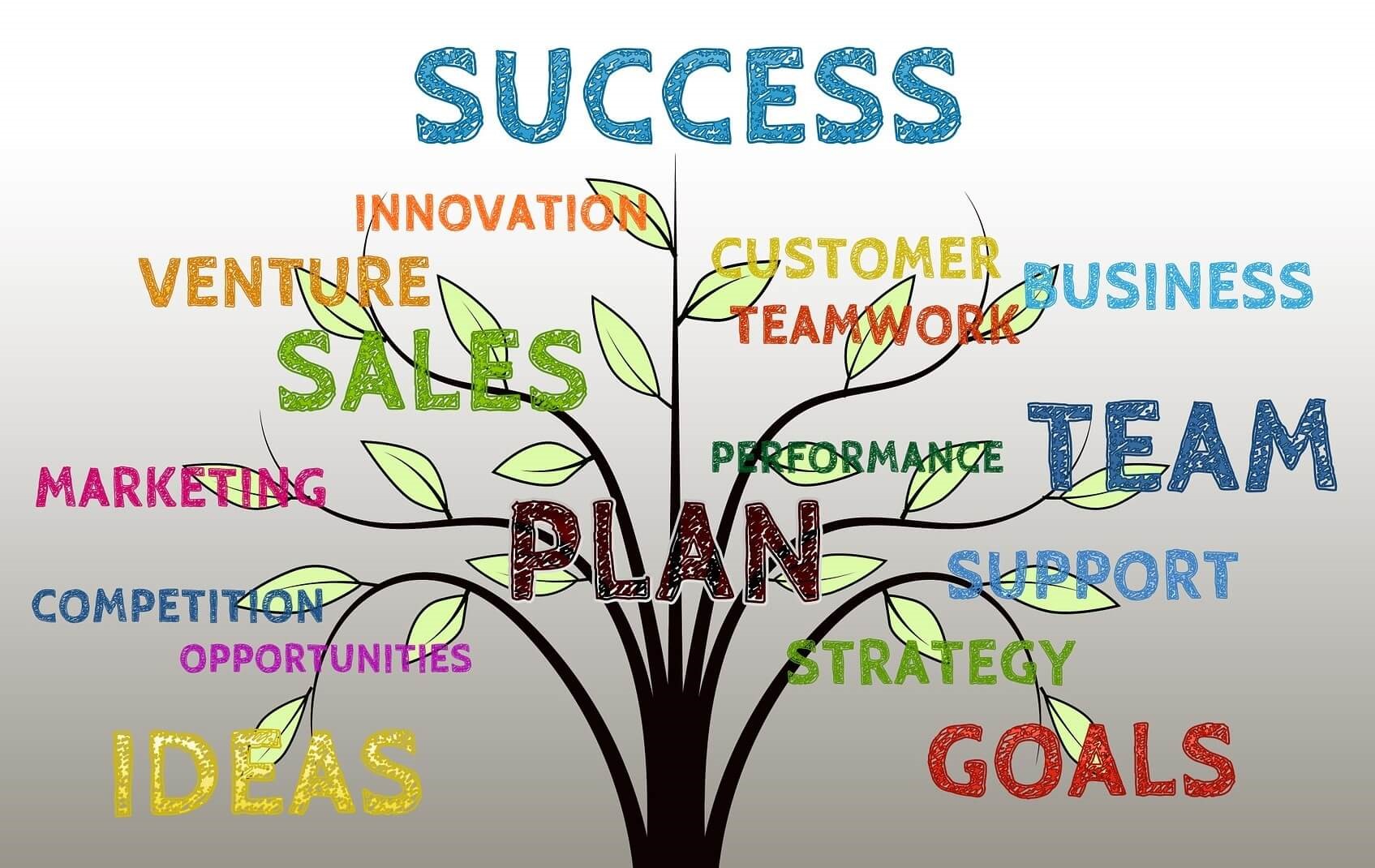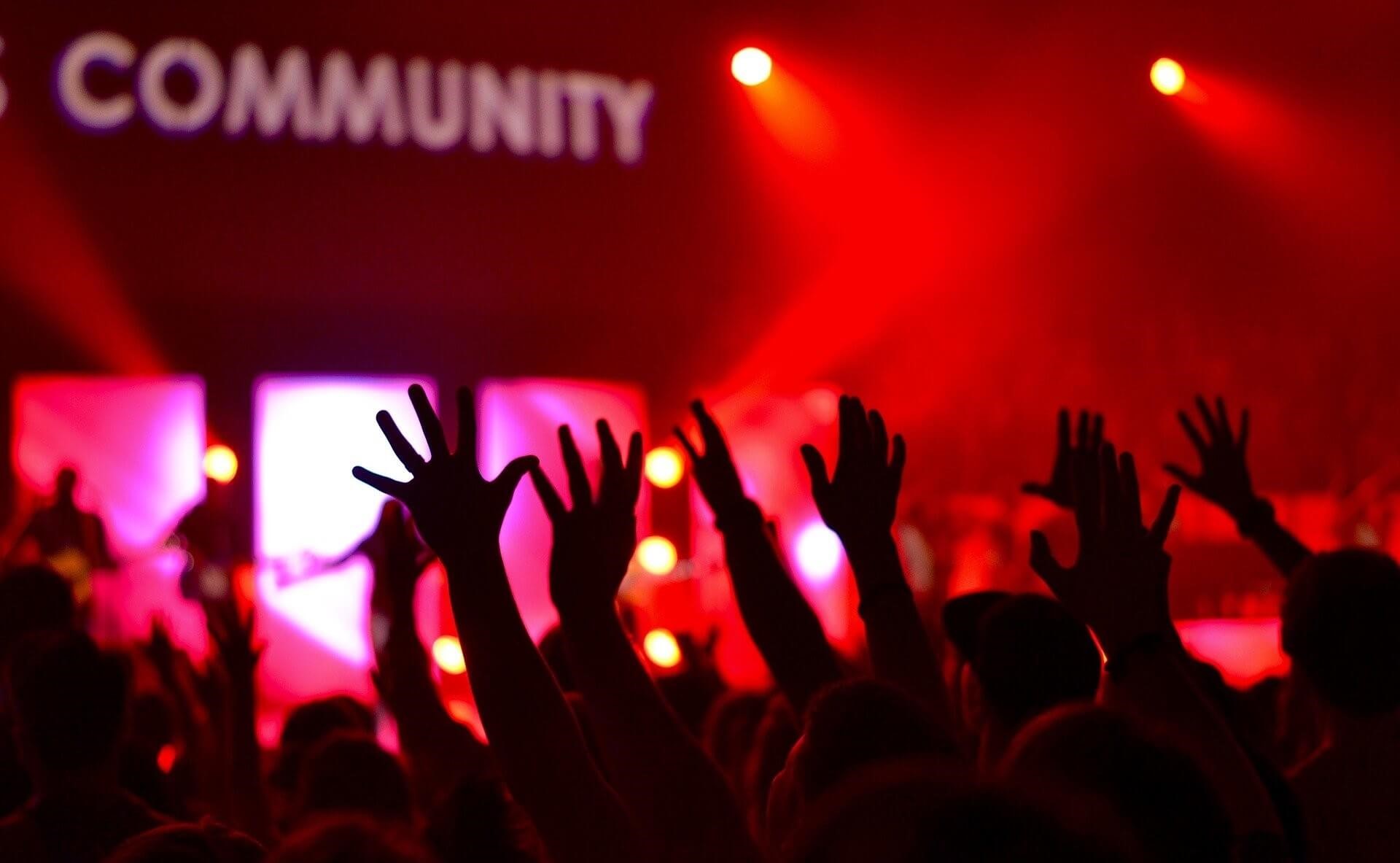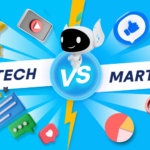
In a crowded market, experiential marketing can set your brand apart. We’ve recently written about why experiential marketing events will make a huge comeback. This article will show you several advantages of experiential marketing.
When every online user is being constantly bombarded by ads, it’s not easy to leave a lasting impression. To increase your customers and fanbase, you should consider complementing your marketing strategies by moving beyond a basic online event and create something more immersive. An experiential marketing campaign is a nice break from the ordinary, and people pay attention to things that are different.
The Benefits of Experiential Marketing
Almost every brand engages in digital marketing, but many brands don’t do any experiential marketing at all. Here are the reasons why experiential marketing campaigns are something businesses need to engage with consumers on a more meaningful level.
Create and Drive Brand Awareness
For any brand to become successful and stay relevant, people need to easily recognise its story, its values, and mission. Experiential marketing is a great way to start creating or reinforcing relationships with consumers. Presenting at an experiential marketing event provides a unique opportunity for brands to make authentic connections with consumers, thus creating awareness for the brand.
Convey the Brand’s Goals and Mission Directly

With traditional marketing methods, a brand’s values, goals, and similar messages may not necessarily translate as well when it’s being conveyed through a screen. Social media and short videos do make it easier to tell your brand’s story, but holding people’s attention long enough to get them to convert can be challenging.
With experiential marketing, you have a captive audience to absorb your brand’s message more readily. Sharing your values and key beliefs to consumers naturally through conversation and dialogue lends greater authenticity, making the experience more memorable. This feeling is hard to get through any other type of interaction.
Connect with Consumers in Ideal Circumstances
To begin with, most digital ads are perceived to be quite intrusive by the general audience and are largely ignored. On the other hand, experiential marketing tactics attract consumers when they’re most willing to accept a brand’s message, in places where they’re most comfortable.
If your brand can engage with consumers in their comfort zone, and on their terms, they are more likely to respond, interact, and engage with what you are promoting, resulting in more impressions, conversions, and increased ROI.
Experiential Marketing Campaigns Can Micro-Target Specific Audiences

Is your ultimate marketing goal to convince and educate millennials about the viability of your products? Are you hoping to catch families’ attention and get them to subscribe to your company’s services? Experiential marketing allows you to meet your marketing goals more precisely.
Use collected and acquired data to find the target populations you’d like to connect with and plan to go to them. Develop the right kind of experiences for your captive audience. When people are attending events, they’re often much more receptive to marketing messages than they would be at home or in their everyday life.
Engage the Senses to Cultivate a Positive Brand Image

Providing sensory experiences to elicit a response from people is a terribly underutilised marketing strategy. We often forget that what we see, hear, taste, and feel actually plays a huge role in our ability to remember and recall certain things or events.
Unlike other marketing methods, experiential marketing is not limited to just a few senses like sight or sound. It can actively engage all five senses to maximise results and give your brand a prime opportunity to make memorable moments with your target audience.
From visual elements to interactions with your product or service to activities and giveaways that you offer, all these factors into how consumers will remember your brand. When an experiential marketing event is done right, people will leave with a positive and memorable impression.
Experiential Marketing Gets Products Directly into the Consumers’ Hands
Even though reports everywhere show that the global e-commerce industry is booming and growing in size, people are still wary of purchasing goods online. When people cannot try out a product for themselves in person, they become more likely to drop out of making the purchase.
Allowing consumers to experience a product first-hand makes a huge difference, because, not only does it impact sales, the experience provides valuable, real-time feedback for the brand to improve its product offering. Service providers can also do the same thing by offering in-person demonstrations.
Take Advantage of Word-of-Mouth Marketing
Within many online social circles or communities, word-of-mouth marketing can be more persuasive and effective at getting people to convert. Whether it be a product, a service, an event, or an experience, it has become very common for people to use social media to broadcast their thoughts to the world on things they enjoy (and hate). This is especially true for young, digital-savvy consumers.
Experiential marketing events foster word-of-mouth marketing both through a real-life and digital experience. If the event is that good, true believers of your brand are more likely to promote your values and recommend your product or service to their friends and family.
Experiential Marketing Complements Other Marketing Strategies

Experiential marketing can be paired with other marketing strategies for even more exposure. Particularly, social media can help generate and even curate content from consumers for your brand’s purposes. This will extend your reach to an even broader audience beyond the attendees of the event itself.
To generate content that can be shared to all social channels for the brand, you need to create experiences that are truly unique and/or are worth sharing. For example, introducing a fun, personalised design or element that can be shared amongst consumers is a great social currency that can ultimately increase the virality of your marketing strategies.
Support the Growth of Brand Loyalty
Nurturing brand loyalty can be a long and difficult process. Traditional marketing strategies where companies spin up attractive things they think consumers want to hear in hopes of converting them are becoming less effective over time. More and more people are growing wise to such tactics.
On the other hand, face-to-face experiences at an experiential marketing event allow consumers to have a real-life moment with the brand which creates an emotional tie. It’s that emotional connection that leads to trust and brand loyalty, which ultimately leads to repeat customers or brand loyalists.
Experiential Marketing Events Are More Authentic
As already stated, authenticity is key in today’s marketing world. With experiential marketing, brands can create two-way conversations with consumers and offer them an in-person experience that humanizes the brand and resonates far more than traditional marketing methods.
When you review all your marketing strategies to see which generate the most results for your brand, experiential marketing will always trend at the highest for consumer experience and social media impressions.
Results Can Be Monitored Via Analytics

When you hold a branded experiential marketing event, you’re setting the stage for a lot of buzz to take place. It is a great opportunity to monitor sentiment and online conversations about your brand to find opportunities to improve what you’re doing.
Since experiential marketing allows you to interact with consumers at a live event, you can observe several metrics. Usually, the top metrics for online events will be total attendance/participation, Facebook likes or other social media interactions, and perhaps product sales leads. Other common quantitative metrics include how many free trials were given away, e-newsletter signups, and views of a website page.
Experiential Marketing Allows Businesses to Promote Future Events
Even after a successful event, the marketing doesn’t stop. Your brand presence in people’s minds needs to be retained after it has taken fruit.
Using a variety of approaches to plug future events, such as posting images from previous years’ events and sharing videos of exclusive content, will help build expectations for what’s to come. By leveraging multiple types of content, you can minimize followers feeling as though you’re sharing the same message over and over.
Enhance Your Digital Marketing Strategies with Experiential Marketing Today
Being limited to running online ads forces marketers to get creative when it comes to brand promotion. You do what it takes to get your product or service noticed. Experiential marketing is a powerful form of digital marketing that can create a lasting impression on attendees and the brand’s image.
By neglecting to hold an offline or online event, you miss out on many of the advantages of experiential marketing listed above. In-person brand experiences are needed to connect with consumers more meaningfully. Consult with our experts to find out what Digital Marketing strategy best fits your brand’s experiential marketing campaign today.




